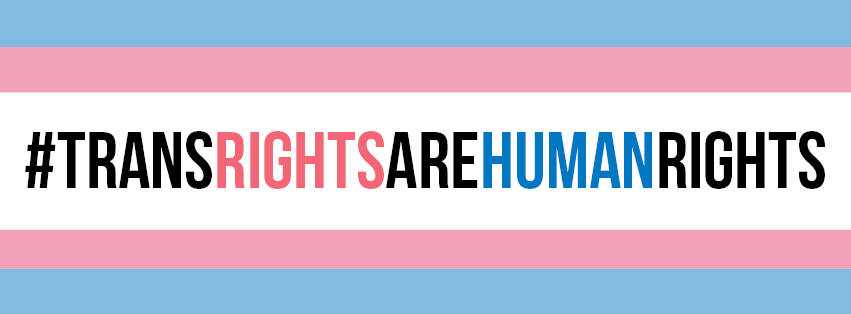Tomorrow, I’m heading out to Chicago for a weekend at the Wizard World Comicon. As I pack my clothes and pick out my nerd shirts, I’ve been thinking about how much I love going to cons, because I love being surrounded by people who love the same things I love, the way I love them, while also being surrounded by people who love things I don’t even know about. We all get to love our respective things in the same way: enthusiastically, completely, unironically, without fear of judgement.
This has always been my experience at conventions, from the first few horror cons I attended at the Ambassador Hotel when I was a kid, all the way to the shows I’ve spoken at as recently as this year.
But John Scalzi points out that not everyone has had the same inclusive experiences that I’ve had, because of a certain type of self-appointed “gatekeeper” who has taken it upon themselves to decide who is a “real” fan of a thing.
Scalzi writes about this from a creator’s point of view:
Almost no one wants you to be a gatekeeper. Geek dudes: Do you honestly think Marvel comics, owned by Disney, wants you to harass women away from enjoying the X-Men? Do you think DC Comics, owned by Time Warner, appreciates when you demand a woman present you with a list of every Green Lantern in order to be worthy of “true geekdom”? Do you think Paramount Pictures, owned by Viacom, is grateful that some dude has appointed himself Arbiter of Star Trek Fandom? Do you believe that Tor Books, owned by Macmillan, one of the world’s largest publishers, will pat you on the head for judging any potential customers of their books, including mine? Do you actually understand what it is these corporations do? They produce commercial art. To be widely enjoyed. By as many people as possible.
Moving away from corporations, do you think individual writers and creators really want you to wave away potential fans from their work? Almost all of them are in the same boat as I am, either directly or indirectly dependent on volume of sales for income. They are happy you like their stuff. They would be even happier if not only you liked their stuff. When you attack other people who like their stuff, you’re potentially cutting into their livelihood. You’re not making friends with the people whose work you’re making a centerpiece of your life. You’re hurting them.
Do you think the staff of the conventions you attend are in any way happy when you troll the other attendees? Those attendees go on Twitter and Facebook and blogs and talk about how unfriendly or even dangerous that convention is. Others pick up on that and amplify the complaints. The people who are trying to run the convention have to deal with it and have to apologize for the fact thatyou are being an asshole, because they are getting some of the blame for it. Who do you think the convention staff would prefer to have as an attendee? The cosplaying woman who is excited to be there and is enthusiastic about the convention, or the geek dude who spends his time shitting all over other people’s enjoyment of a convention, which the staff has invested so much time in to make work?
Nearly every creator wants you to enjoy what they create. Almost none of them want you to police it.
I’m a little baffled that we need to keep having this conversation, but that’s probably because I’m 41 years-old and I don’t have the reflexive need to establish my “geek cred” at all, much less at the expense of another person (I suppose it also helps that, when someone hassles me about my “geek cred” I can reply, “I drove the fucking Enterprise and worked at Global Dynamics,” before I drop the mic on their head.)
So please consider this, potential gatekeepers: being a nerd isn’t about what you love, it’s about how you love it. So when someone says they love a thing that you love, don’t challenge them; embrace them, and love that thing together.




